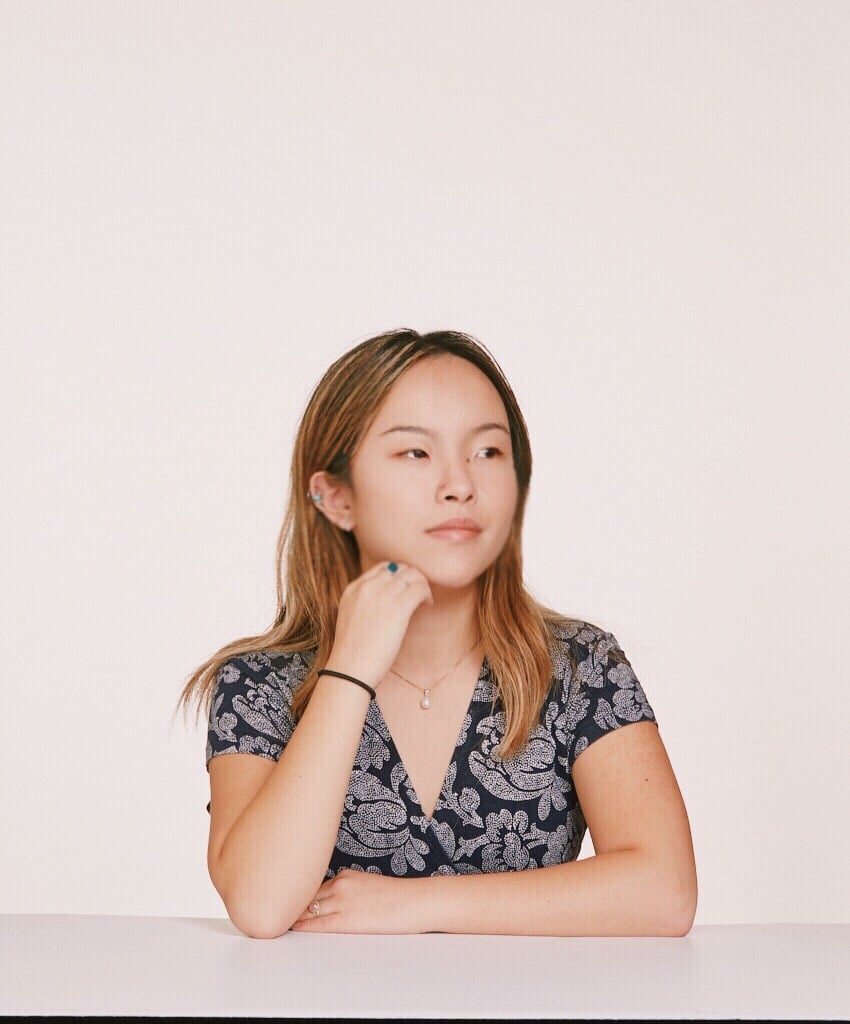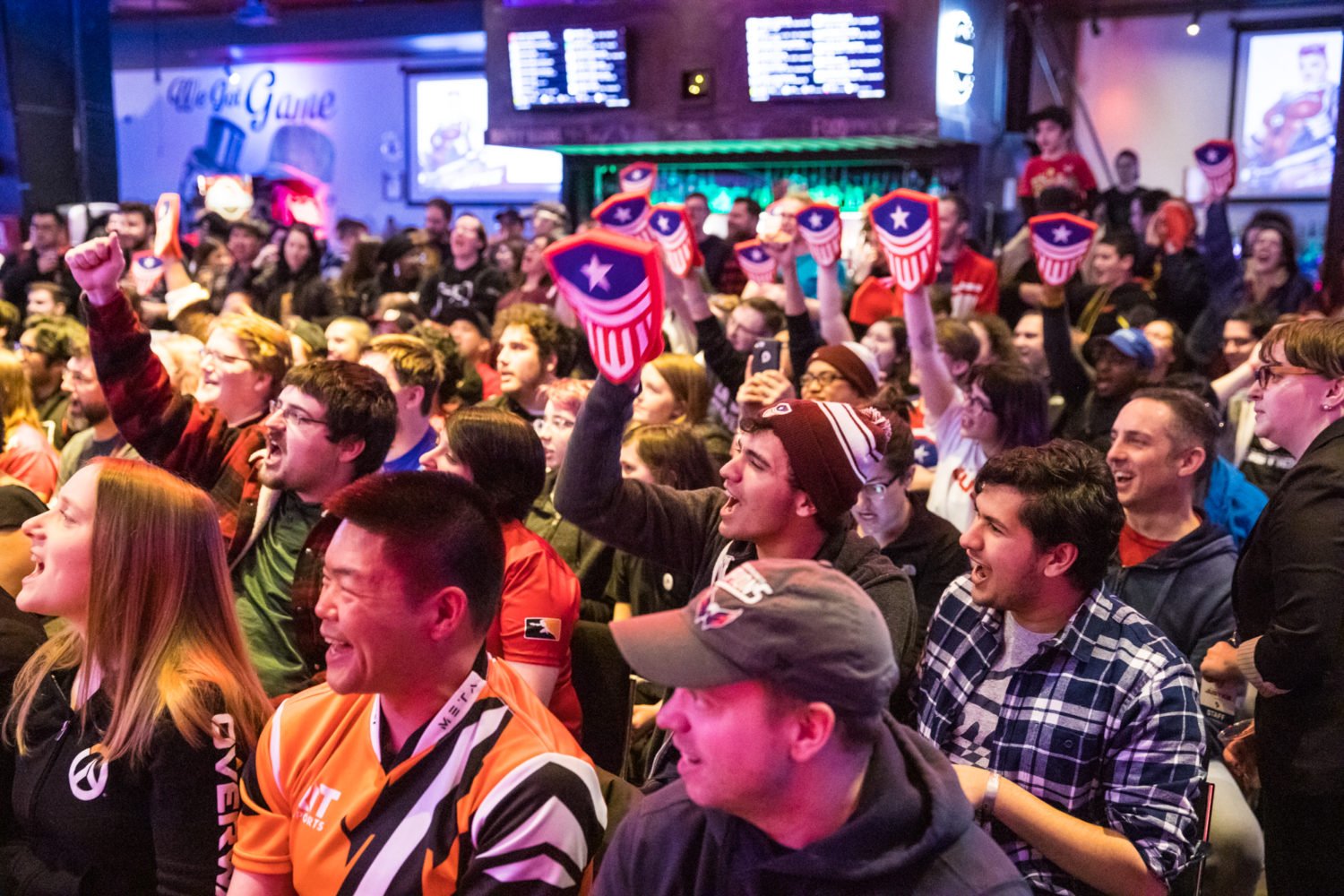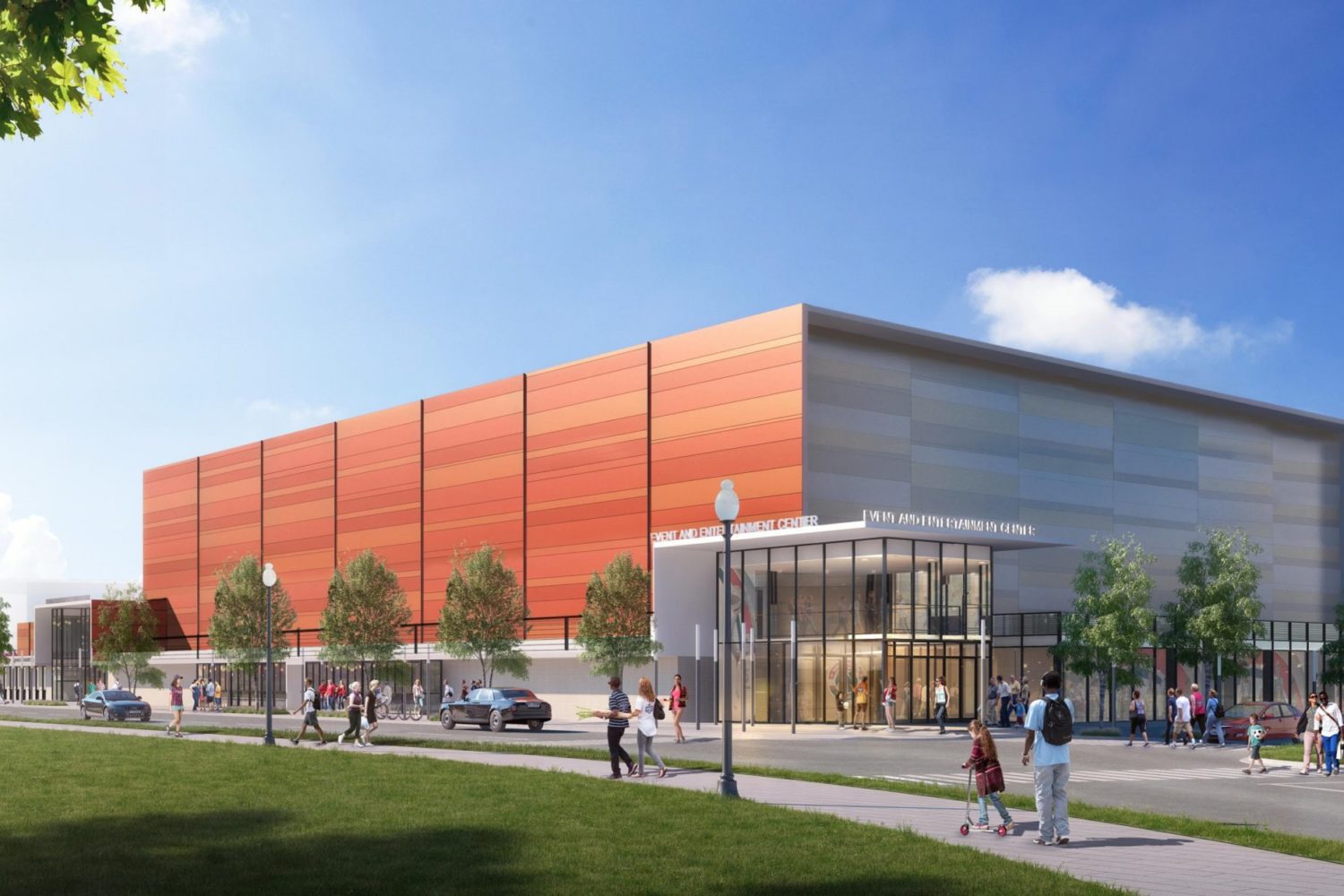This August, Analynn “bawlynn” Dang joined the Washington Justice front office as general manager for the Overwatch League (OWL) team. Most recently, she served as the Team USA general manager in the Overwatch World Cup and was previously the community director for the Los Angeles Gladiators.
The Justice were one of eight expansion teams to join the OWL for the 2019 season. While the team got off to a rocky start in their inaugural season—sitting at or near the bottom of the standings through the first three stages of play—they found their footing in stage four.
Dang’s hiring filled the vacancy left by Assistant General Manager Kate Mitchell, who left the esports industry in part due to the toxicity she experienced on social media. Concerns about abusive language and sexism have been an ongoing concern within the gaming industry in recent years, but Dang expressed optimism about her place in esports.
In addition to her past experience working in OWL front offices, Dang is an adept Overwatch player in her own right, giving her a useful perspective in her management role. For the 2020 season, the OWL will implement localization, meaning teams will play homestand matches like traditional sports leagues. We talked to Dang about her path to the Justice and her outlook for the team’s first season actually playing in DC.
What interested you in making the jump to a general manager position with the Washington Justice?
I really found out that I wanted to be a general manager from my time on Team USA’s competition committee doing all the general manager work there and working with the players. It actually proved to be so fulfilling when I was in a position where I could help them succeed and become better at the game. Just building that trusting relationship with them, it made me realize that this is what I was made to do. After that, going back to mostly focusing on content, social media, and community building I really missed that.
From what you’ve seen from the Justice so far, would you like to build on next year to continue their upward trajectory?
I think a big part of the turnaround was Corey Nigra’s success playing Widowmaker, but a big part of it was the communication they were continuing to build, especially with the Korean-English lessons and working in-game together.
One thing you’ve emphasized is prioritizing players’ wellness. What are your plans to ensure that the team is in the best position to succeed?
A big thing that’s really important to me is having a healthy work-life balance. Next year we’re going to be providing that in a much better sense where we’re going to have apartments and a separate workspace for them to go to. In the esports industry that line gets pretty blurry, because constantly you’re around your teammates, then when you get home you’re playing again and practicing.
And to continue that, we’re really looking to find a great performance coach who can help them to build on healthy habits and communication skills. I know a lot of them like to spend so much time on the games, but we’re helping them realize that what’s important is the longevity of their career. Too often you see players that play so often that they end up getting burnt out.
One issue within video gaming culture has been sexism. What is it like for you to be in a leadership role in an esports league?
I have a lot of people who surround me in my own community who really support me in this sense. Fortunately, I’ve never really experienced sexism within the professional scene. A lot of the times when you see that behavior, it happens when you’re online and you’re anonymous and playing games. A big part of it is being a good example for everyone—showing them that if I can do it, then they can do it too and standing up for other women if I ever see them struggling with it. One of the most fulfilling things is over the past two years I’ve gotten a lot of messages from young girls who want to work in esports and saying that I’m an inspiration to them and being in this space succeeding gives them a lot of hope for what they can achieve.
How does the start of localization in the 2020 season effect your approach to team management?
The start of localization in 2020 means that I’ll have to be much more mindful about the team’s schedule and obligations in regards to travel. Our players might be used to traveling hours in Los Angeles traffic, but flying for games is much different. Luckily, DC has 5 homestands, and all cities that we travel to are relatively close in comparison to other schedules—our only international trips are to Canadian homestands. The “home field” advantage really comes into play here when the Justice players will be dealing with less jet lag and will have the support of the DMV crowd.
This interview has been edited and condensed.


















